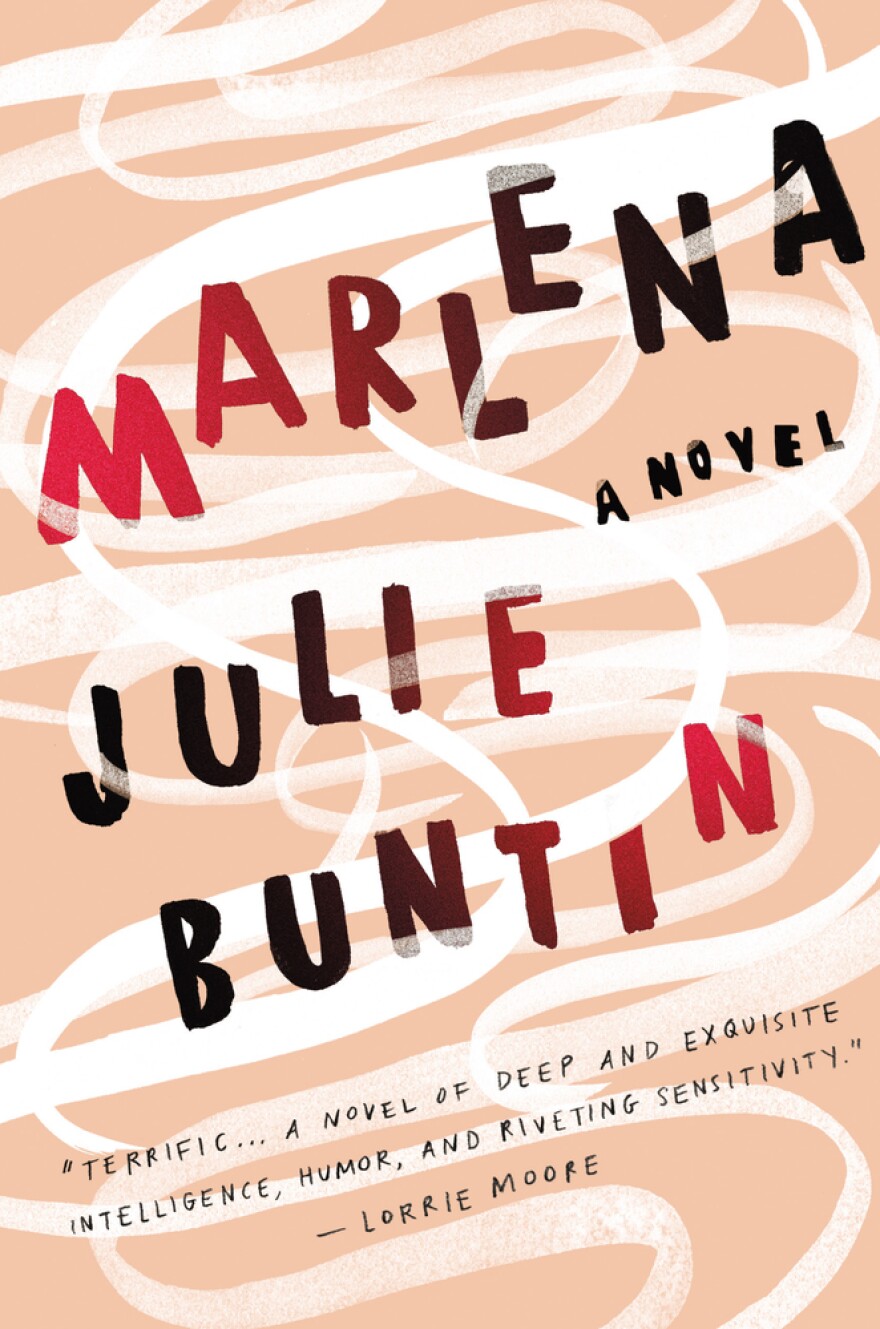A new book tackles poverty, addiction, and female friendship and follows the main character as she is drawn into the life of a friend, who struggles with opioid addiction.
The book is set in a fictional northern Michigan town and written by a former Petoskey resident Author Julie Buntin. McLean & Eakin will host Buntin tonight to talk about her debut novel, Marlena.
Ben: When you wrote it were you trying to write a book about opioid addiction and poverty? Was that something that you were thinking about as you were writing it?
Julie: Kind of. Like I said before I wanted to write a book about addiction and girls. I think that people in general don’t like to see girls doing ugly things. They don’t like to see girls drinking too much they don’t like to see girls hurting themselves and yet girls do those things. They are shameful secrets and we don’t talk about them or we judge them terribly.
I think there is an idea in American culture that there is something attractive about a wild girl, as long as her wildness doesn’t get too sloppy. I wanted to write in that space that it’s a really toxic idea that I felt hovering over my adolescence.
In terms of poverty or class there is a lot of class difference in Northern Michigan, whether you see it or not. Between the summer people and the locals, and the different levels of class between the year round residents, the kind of crazy money that comes here and then leaves. For me that was an interesting aspect of what it is like here.
Ben: There are moments where you step back from what is happening and there are some great lines about statistics. Looking at the characters of pieces of, whether it’s getting the bridge card and being in poverty, or getting addicted to opioids, and there is this great anecdote about people standing in line to see a doctor who if you give him the right symptoms he’ll write you a prescription. Was there any sense for trying to give a taste of broader Michigan and what was happening at the time?
Julie: I was. I did a little bit of research into how the opioid epidemic has spread across the midwest and I was thinking about the differences between poor, working poor, or just broke. I think about Cat’s family as just in a hard time but it’s not the systemic thing that they can’t get out of that Marlena’s family is trapped in.
I was interested in things like the bureaucracy of food stamps and how it prevents some families from getting them. You have to have a certain amount of wherewithal to go through the process of getting food stamps. So how does that keep certain people out? I don’t know. I was interested in all of that stuff.
Ben: There is a line towards the beginning that talks about ‘privilege as bulletproof vest’ and then later on as Cat is beginning to make sense about why she was able to get out there is a great moment where she is looking at her mother and realizing how relatively put together this woman is and how having someone who is so supportive, to a degree, helped her get of that. Talk about why some people are able to break those cycles and get out and others aren’t.
Julie: It’s hard to apply any of this because everyone’s circumstances are so unique but in the context of this world and these girls Cat’s mom made all the difference. Cat knows that no matter how far she falls there’s always going to be someone to pick her back up. Marlena feels like she has to help her brother and there is no one for her to fall back on. Except for maybe Cat but by the time they become friends it’s already probably too late.

